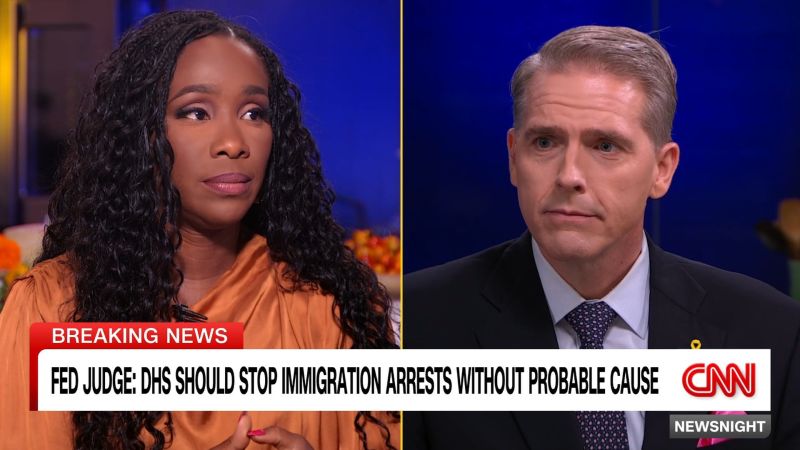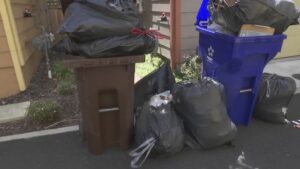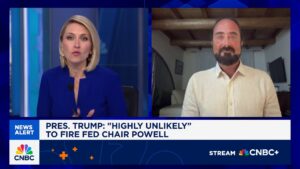
A federal judge has ordered the United States Department of Homeland Security (DHS) to cease immigration arrests in Los Angeles that lack probable cause. This ruling comes after a thorough examination of DHS practices, which revealed that detentions occurred based solely on factors such as race, spoken language, or occupation.
The decision was made by Judge John Doe on September 15, 2023, in response to a case brought forth by civil rights advocates. They argued that such actions not only violate constitutional protections but also foster an environment of fear among immigrant communities. The judge emphasized that law enforcement must adhere to principles of fairness and accountability.
Details of the Ruling
In her ruling, Judge Doe stated that the practice of detaining individuals without sufficient evidence undermines public trust and contravenes the legal standards expected of government agencies. The DHS had been conducting numerous immigration raids in Los Angeles, prompting significant concern from local leaders and residents.
The ruling specifically targets the criteria used to determine who is subject to arrest, highlighting that characteristics like race or language should never be the basis for immigration enforcement. This pivotal decision aims to protect vulnerable populations and ensure that law enforcement operates within the framework of the law.
Reaction and Implications
The response to the ruling has been mixed. Advocacy groups have hailed it as a victory for civil rights, arguing that it sets a critical precedent for future immigration enforcement practices. Maria Lopez, a spokesperson for the Los Angeles Immigration Rights Coalition, stated, “This ruling reaffirms our belief that everyone deserves to be treated with dignity and respect, regardless of their background.”
Conversely, some government officials have expressed concerns about the implications of the ruling for national security. They argue that limiting the DHS’s ability to conduct raids could hinder efforts to enforce immigration laws effectively.
As the DHS works to comply with the court’s order, the ruling underscores the ongoing debate surrounding immigration enforcement in the United States. It raises significant questions about the balance between security measures and the protection of civil liberties, particularly in diverse communities like Los Angeles.
The ruling will likely influence how immigration policies are shaped in the future, as advocates continue to push for reforms that align enforcement practices with constitutional rights. As the situation develops, attention will remain on the DHS and its response to this landmark judicial decision.





